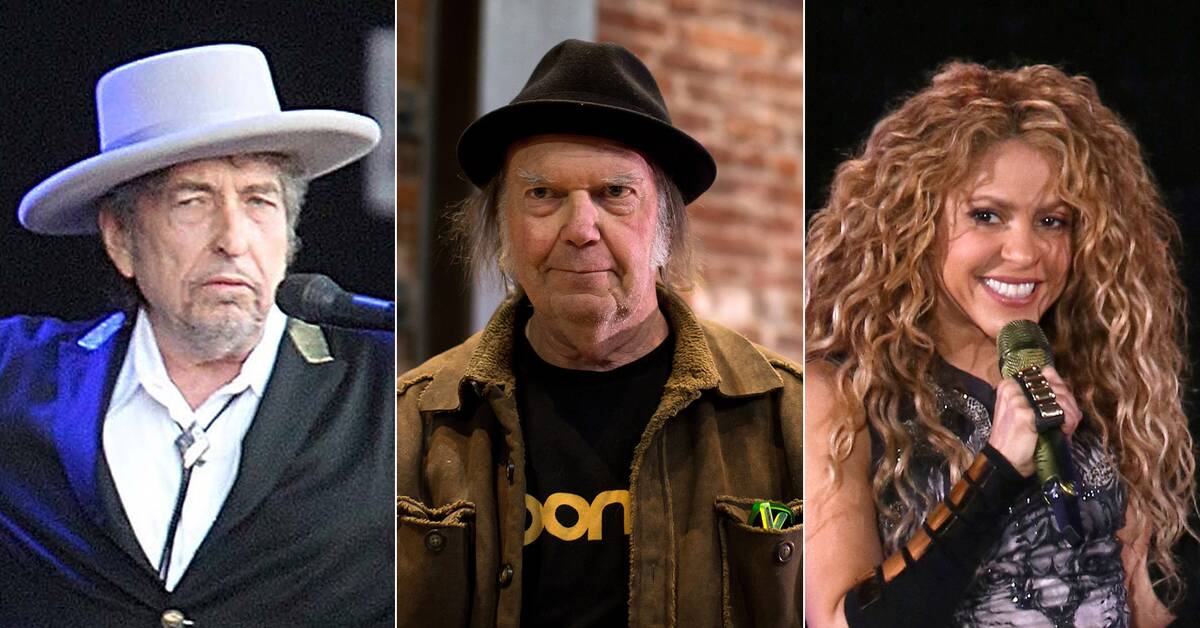In recent months, artists such as Bob Dylan, Neil Young and parts of Fleetwood Mac have sold all or part of the rights to their songs.
It has given them large sums of money, but it also means that they lose the income from royalties.
- A triggering factor may very well be the pandemic.
It is not decisive, but triggering because Neil Young and his management are thinking about what to make money on if you can not play live, says Lars Nylin, editor-in-chief of the magazine Musikindustrin and continues:
- It's also the money.
These are price tags that would get most people interested regardless of pandemic or not.
Some artists nowadays do not even sell 100,000 albums after selling millions in the past.
And here you can give the heirs a hefty bag of money instead.
Chic, Shakira, Blondie
One of the companies that has excelled through high-profile acquisitions is Hipgnosis song fund.
They have spent billions of dollars on buying thousands of songs.
In addition to some of the above, the catalog includes Mark Ronson, Chic, Shakira and Blondie.
A while ago, the company Primary Wave bought 80 percent of Stevie Nick's song rights and recently it became clear that they have bought songs by Johnny Cash and Jeery Lee Lewis from Sun records.
Music as a raw material
The business idea behind, for example, Hipgnosis 'large acquisitions is that the songs' income becomes a source of income, for example if they are played on radio, in films, in computer games or covers are made, which provide a return to those who own shares in the company.
According to Merck Mercuriadis, founder of Hipgnos song fund, songs are a stable investment because they are not affected by changes in the economic market.
- I think, as a representative of many of my colleagues, both in Sweden and globally, that you should be very restrictive in selling the rights.
Especially in these times where we see tendencies that it may not be musicians who buy them, but investors, says Alfons Karabuda, chairman of Skap.

